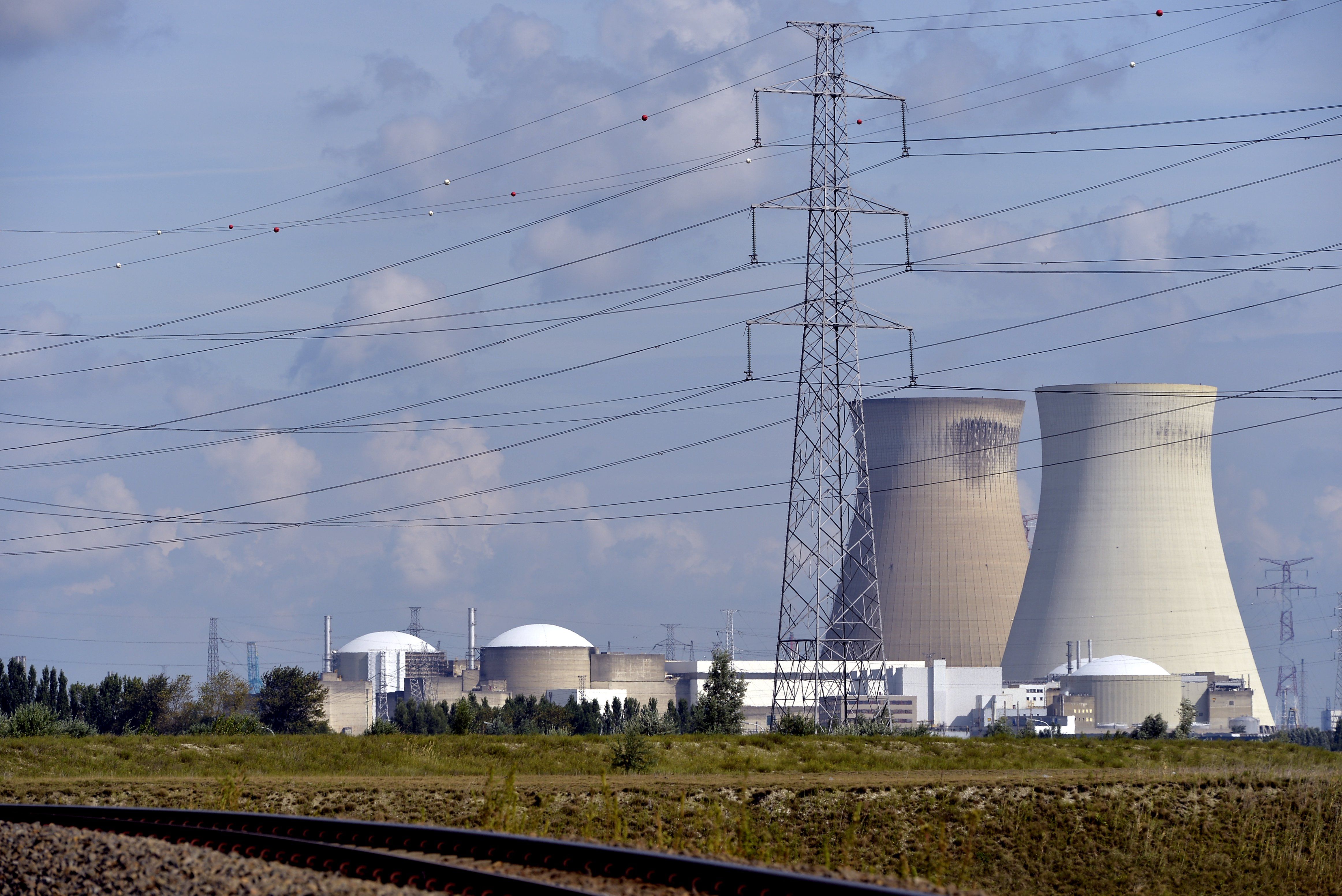Deal on life extension of nuclear reactors is done, says Energy minister

"The deal with Engie is done," Belgian Energy minister Tinne Van der Straeten told Flemish broadcaster VRT on Sunday. "The political discussions will start tomorrow. The following week it will be discussed in the government and everything will be submitted to the Council of State."
The Belgian government decided in March 2022, shortly after Russia's invasion of Ukraine, to keep its two newest nuclear reactors, Doel 4 in Flanders and Tihange 3 in Wallonia, open for another 10 years. This would make Belgium's energy supply less dependent on natural gas from abroad.
After long negotiations, Engie and the government reached a preliminary agreement this year on the extension of the life of the two plants, the financing of their decommissioning and the management of radioactive waste. Over the past few months, these agreements have been translated into a 1,500-page text, which should be approved by the government within the next two weeks.
No 20-year life extension
According to Van der Straeten, the text will also be submitted to the Council of State and the European Commission. She also called the possibility of including a 20-year life extension, a recent suggestion by prime minister Alexander De Croo, "absurd", because the text stipulates that the plants should be evaluated after 10 years to see whether they still meet safety requirements.
Even with the life extension, a 2023 study by network operator Elia shows that Belgium's energy supply will continue to face problems in the near future. The country's annual electricity consumption is expected to increase by 50 per cent in 10 years. While the nuclear life extension guarantees 1.7 gigawatts of extra power, Elia predicts that an additional 2.9 gigawatts are needed by 2029 to avoid power shortages.
© BELGA PHOTO ERIC LALMAND